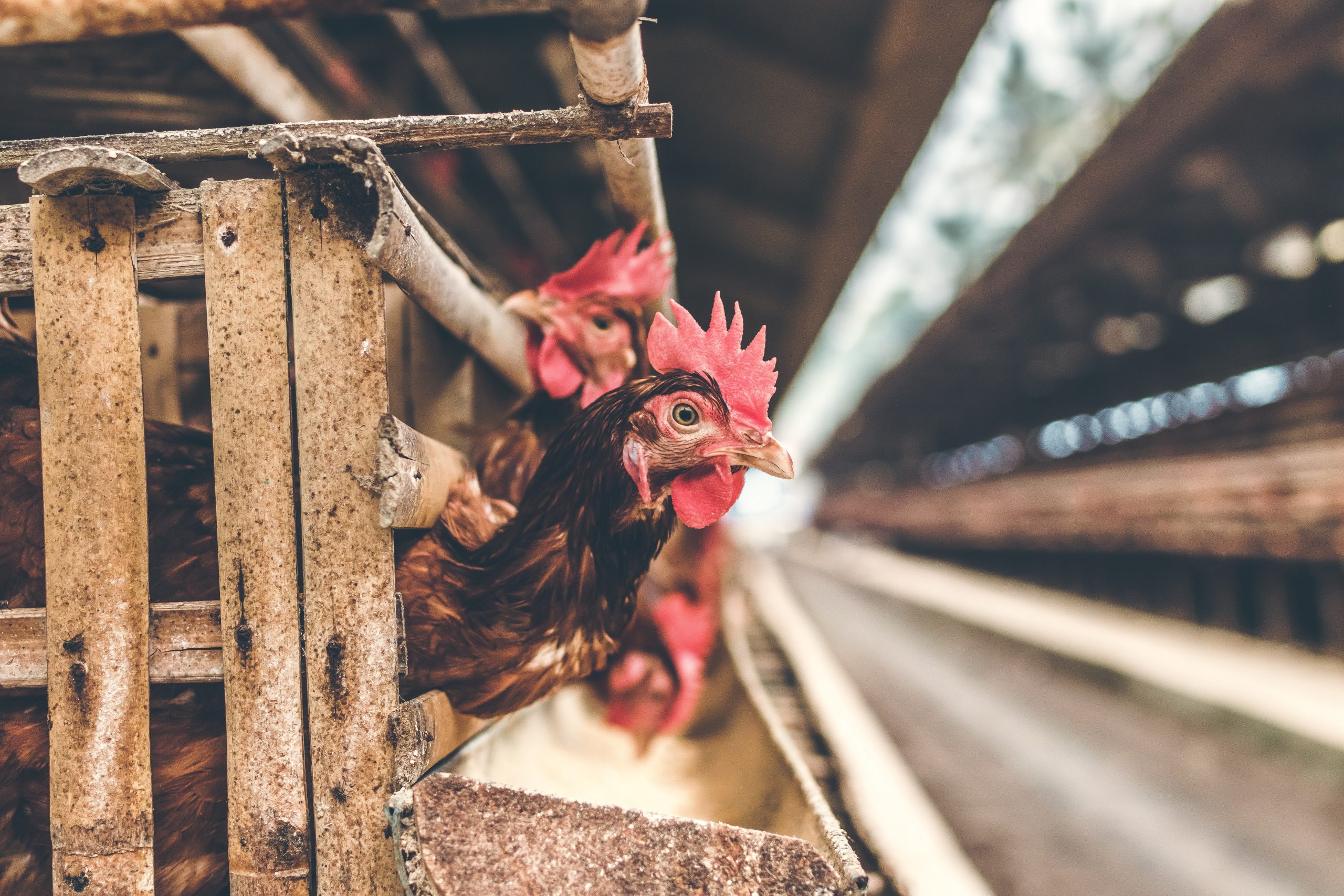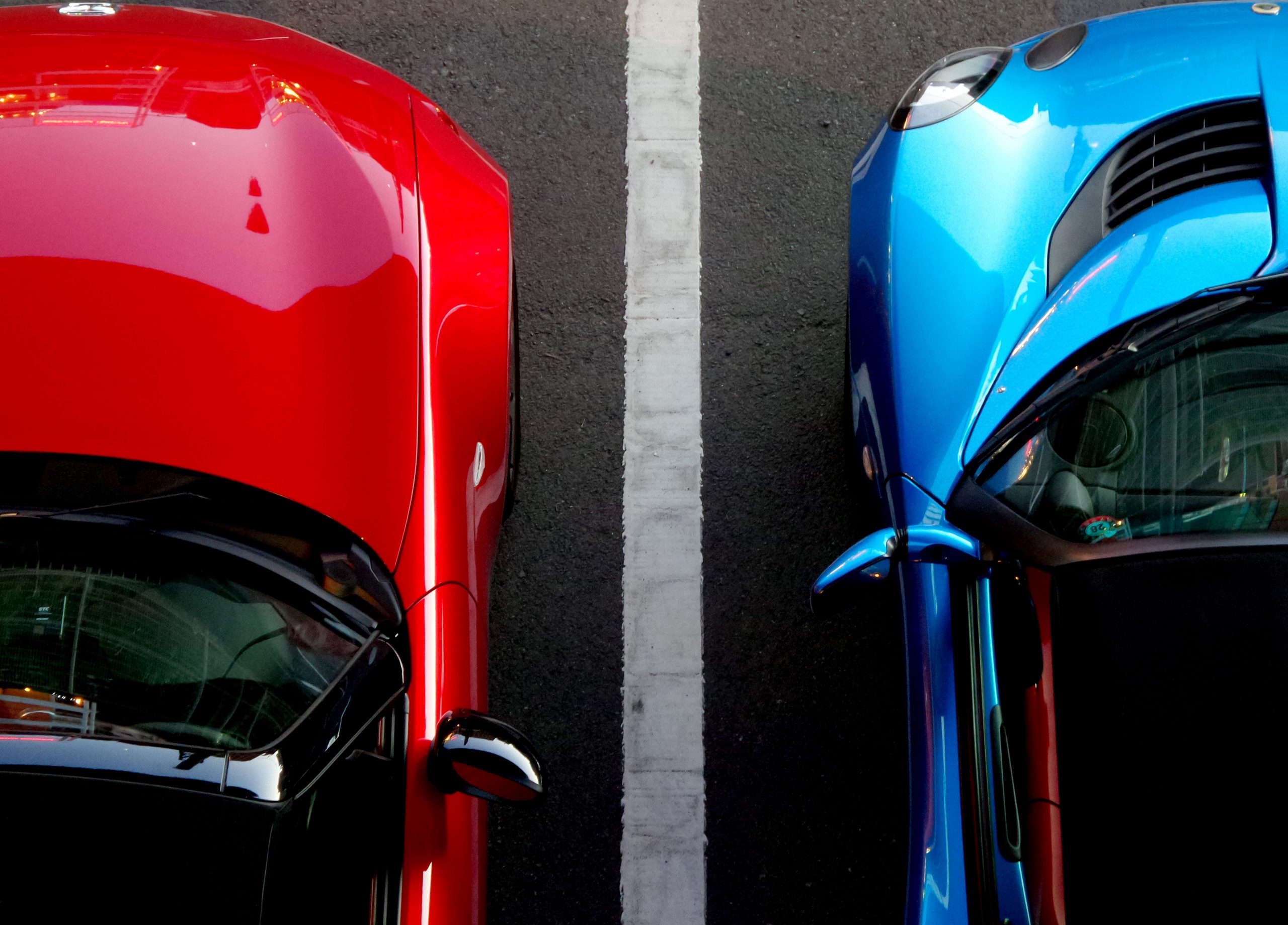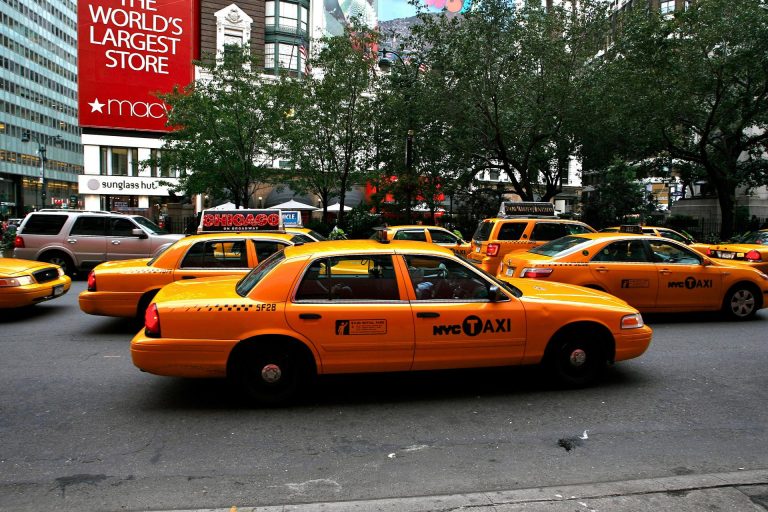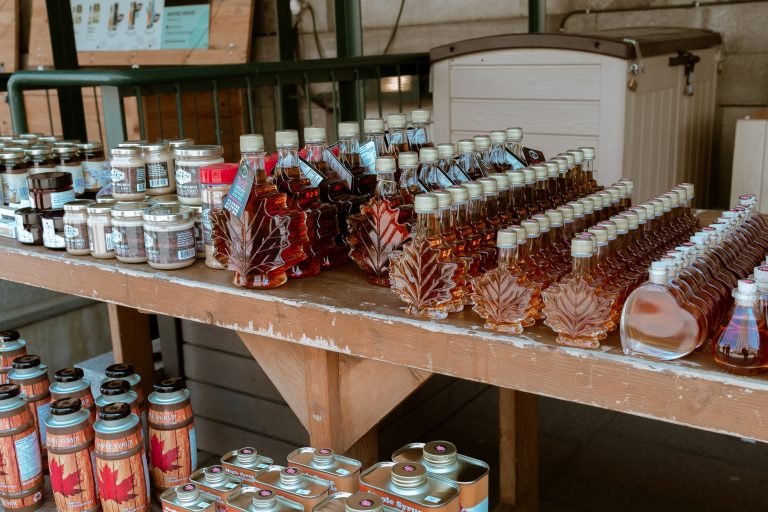Fishy Pricing
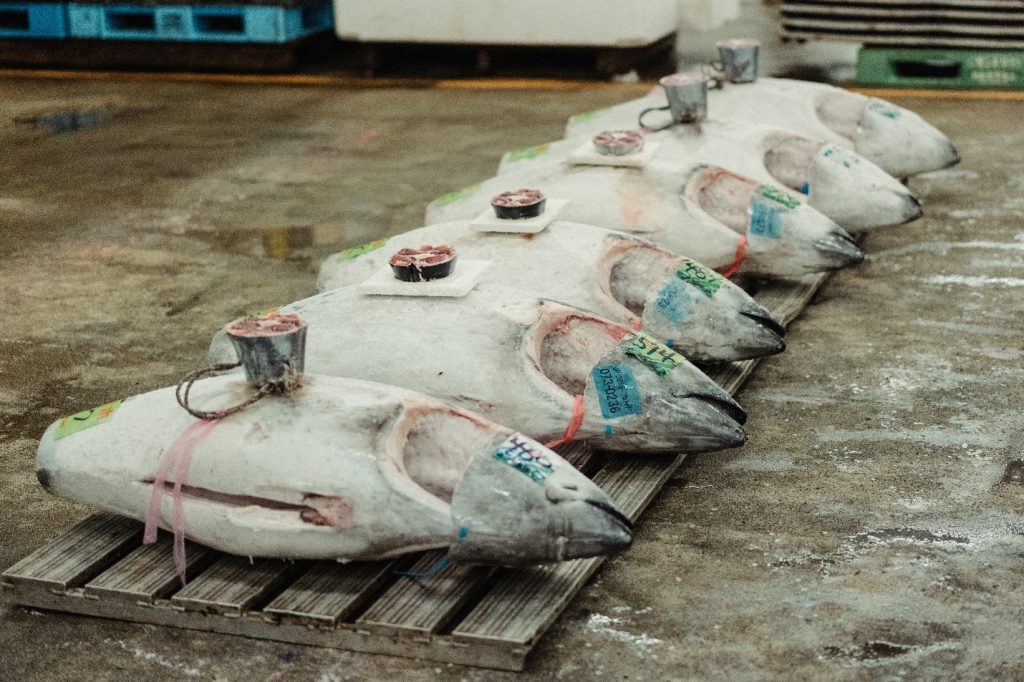
In December 2019 the CEO of Bumblebee Tuna was convicted of price-fixing in the packaged seafood market. With this conviction the CEO faces up to 10 years in prison and a $1 million fine. The conviction was the culmination of an investigation that began in 2015. Bumblebee Tuna was found to have colluded with rival companies StarKist Tuna and Chicken of the Sea to raise prices for consumers. For their role in the scheme, Bumblebee Tuna was ordered to pay a $25 million fine, and StarKist Tuna was ordered to pay a $100 million fine. Chicken of the Sea avoided prosecution in exchange for cooperating with the Department of Justice. Additionally, the seafood companies faced civil lawsuits by their customers costing them additional tens of millions of dollars, although exact amounts were not publicly disclosed in some of the individual cases. As a result, Bumblebee Tuna was forced to file for Chapter 11 bankruptcy protection. In light of the stiff penalties imposed on those found guilty of price-fixing, it is hard to imagine that anyone would be willing to take such a risk. However, many large companies have been found guilty of engaging in price-fixing schemes. In 2013, Apple was found to have engaged in a scheme with publishing companies to raise the price of eBooks and ordered to pay a $450 million fine. Art auction houses Christie’s and Sotheby’s agreed to pay a $512 million settlement after an investigation that they colluded to raise their fees. Automotive supplier Bridgestone Corporation agreed to pay $425 million as part of their guilty plea for price-fixing in 2014. Each year, the Department of Justice launches dozens of criminal price-fixing investigations which result in collections of up to $1 billion in fines. While the number of investigations has fallen in recent years, it is unlikely that firms will ever stop attempting to collude. As Adam Smith noted in The Wealth of Nations, “People of the same trade seldom meet together, even for merriment and diversion, but the conversation ends in a conspiracy against the public, or in some contrivance to raise prices…” Nearly 250 years later, it seems this is still true.
Questions
- In which market structure is collusion most likely to occur?
- Perfect competition b) Monopoly
- Oligopoly d) Monopolistic competition
- Does the packaged tuna industry qualify as the type of industry for your answer to Q1? (Hint: what share of the market do the three firms discussed above collectively hold?)
- Using a supply and demand graph, show how price-fixing creates deadweight loss in the economy.
- Discuss why price-fixing schemes are unsustainable in the long-run.

